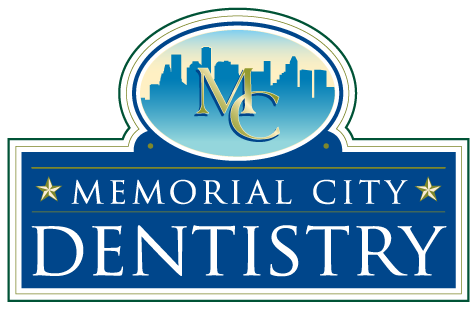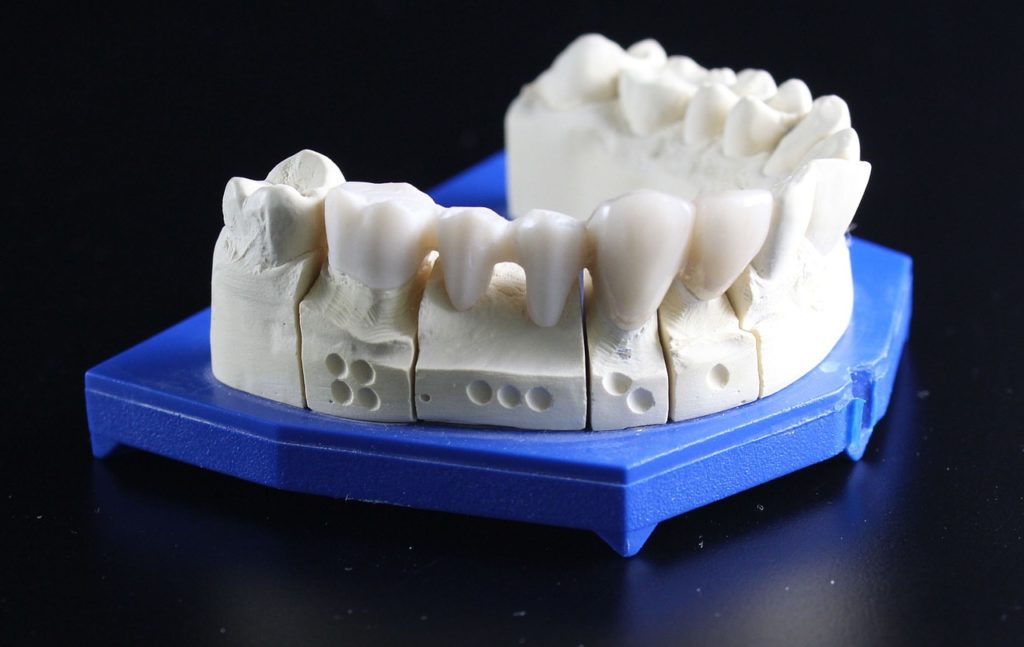While dental enamel is one of the toughest substances in the human body, it is not indestructible. If tooth enamel is worn down sufficiently, it can leave your teeth vulnerable to fractures or shattering. Knowing what to expect and how to treat a broken tooth will help you handle the situation expertly!
What Factors Contribute to Teeth Breakage?
Numerous factors can result in tooth breaking. Even healthy teeth can fracture or break as a result of trauma, such as a concussion. Among the additional causes of tooth breaking are the following:
- Weakened tooth as a result of prior dental procedures.
- A cavity that caused the tooth to become weaker.
- Occasionally, you may develop a broken wisdom tooth as a result of its position or how it erupts.
- Biting down on something brittle, such as ice.
- If your bite is misaligned, you may be at danger of chipping or cracking a tooth.
How Does a Broken Tooth Appear?
Chipped front teeth, hairline cracks in teeth, or a tooth that has broken in half all have a similar appearance (and feel) yet all involve the same underlying condition. You may have lost tooth fragments or a split tooth that appears to be fractured. Certain individuals may be unable to notice the complete break, particularly if it is a vertical crack in the tooth near the rear or between teeth.
Is a Broken Tooth an Emergency Dental Situation?
Tooth breakage can manifest in a variety of ways, ranging from a little chip in a tooth to a molar that has broken off at the gum line. Even if your broken tooth looks to be little, it could be a sign of a larger issue that could result in additional damage. If you have a broken tooth, it is usually not an emergency, but you should see your dentist immediately.
Broken or Fractured Tooth Treatment
Even a minor chip in a tooth, if left ignored, can develop into a more serious condition. Your dentist can perform a comprehensive exam and take x-rays to identify the extent of the damage and the best course of therapy.
- Polishing and adhesion
Dentists can occasionally fix minor chips or cracks on the surface by polishing it. They may use dental bonding to fill in any gaps and then polish the tooth to achieve the desired shape. It may even be able to reconnect shattered teeth fragments.
- Porcelain Veneers and Root Canals
When a crack extends beyond the surface of the tooth, more work is required. Occasionally, a dentist can merely perform a dental filling, but if the fracture reaches the pulp, a root canal is required.
- Surgical procedures and extractions
Certain situations can be more complicated, particularly when a molar is shattered. Because molars have several roots, it is possible that only one is affected by the fracture. In some cases, the dentist can conduct a root amputation, referred to as a hemisection, and preserve the remaining tooth.
Regrettably, pulling a damaged tooth is occasionally the only option. Tooth extraction is often reserved for fractures that extend below the gum line or for split teeth. The dentist will then typically recommend a dental implant to replace the missing tooth.
What Happens If a Broken Tooth Is Left?
A cracked tooth is prone to more injury and infection. If you ignore a fractured tooth, you increase your risk of losing the tooth. The damaged tooth may even have an effect on the adjacent teeth, and infections may spread to other areas of your body. That is why it is critical to have a dental professional evaluate any chip or fracture.
What Are My Treatment Options If I Have a Broken Tooth?
If this occurs to you, your initial reaction may be “why did a bit of my tooth fall off?” followed by a sense of worry. Understanding what to do if a tooth fragment breaks off will help you achieve the greatest results. While it is critical to call your dentist immediately to avoid more damage and infection, there are certain precautions you can take.
- Fill your mouth with water and spit it out. Warm salt water has a calming and purifying effect.
- Apply clean gauze to the area if it is bleeding to stop it.
- Cold compresses can be used to alleviate pain and edema.
- Pain medications sold over the counter can help ease discomfort and inflammation.
- If you have sharp edges that may irritate or hurt your mouth’s delicate tissues, you may choose to get an emergency dentistry kit that includes wax to protect the region.
- If a permanent tooth becomes displaced, attempt to reposition it or keep it in a glass of milk.
Bear in mind that it is possible to have a cracked tooth, or even a broken molar, without experiencing pain. That is not to say you should ignore it. Even though this is unlikely to be an emergency, you should seek professional care at Memorial City Dentistry.


